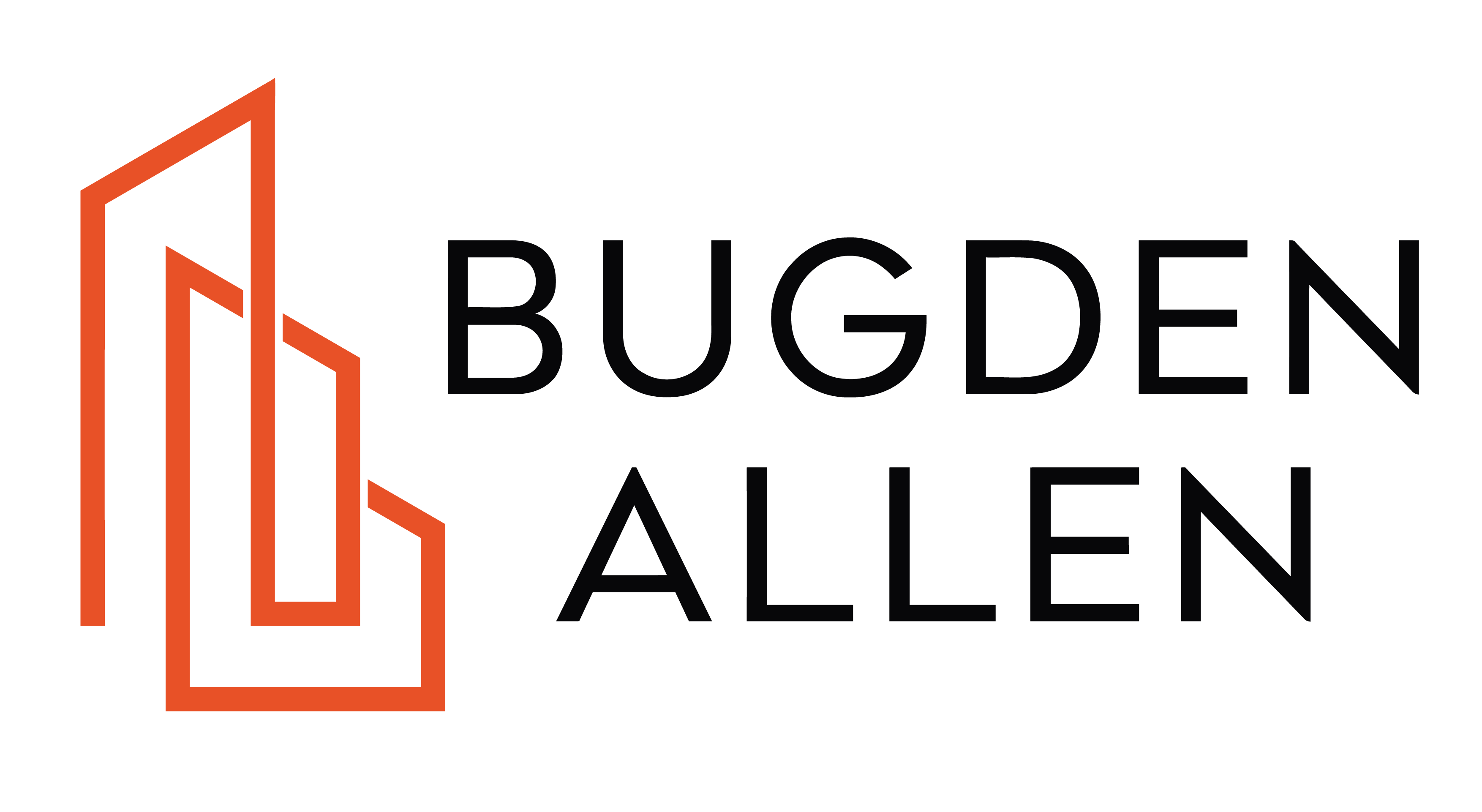Further legislative relief for QLD bodies corporate
Article by Ashwin Devanathan, Solicitor (Brisbane)
On the 2nd of October 2020, the Queensland Government passed the Justice Legislation (COVID-19 Emergency Response – Community Titles Schemes and Other Matters) Regulation 2020 (“Regulation”). The Regulation was made under sections 8, 9 and 13 of the COVID-19 Emergency Response Act 2020 in the broader context of the public health emergency declared on 29 January 2020 by the Minister for Health and Minister for Ambulance Services under section 319 of the Public Health Act 2005.
The Explanatory Note states that the Queensland Government’s
policy objectives of the Regulation are to:
- Protect the health, safety and welfare of
persons in the community titles sector during the Covid-19 emergency.
- Legislatively validate past actions that body
corporate committees may have taken in relation to general meetings and
committee meetings to protect the safety and welfare of persons in the
community titles sector during the Covid-19 emergency.
- Ensure continued access to dispute resolution processes
provided under the Body Corporate and Community Management Act 1997 and Building
Units and Group Titles Act 1980 during the Covid-19 emergency.
- Legislatively validate the waiver of fees
associated with certain liquor licensing applications made between 1 February
2020 and 31 July 2020.
- Provide financial relief for inbound tour
operators by waiving registration renewal fees on registrations that expire
between 1 February 2020 and 31 January 2021.
- Provide the chief executive with the ability to
extend the timeframes for the preparation and lodgement of financial statements
and returns under the Collections Act 1966 during the Covid-19
emergency.[1]
The key feature of the Regulation is that it enables
committees for bodies corporate to modify the way in which general and
committee meetings of a body corporate (meeting) are held.
Specifically, if a committee for a body corporate reasonably
believes that a public health direction would be a contravened if:
- a requirement related to holding a meeting were
complied with (eg a requirement for the meeting to be held at a place);[2]
or
- a person were to exercise an entitlement related
to holding meeting (eg an entitlement to be present at the meeting by
physically attending a place),[3]
the requirement or entitlement is
suspended to the extent that is reasonably necessary to ensure the meeting is
held in a way that does not contravene the public health direction.[4]
The committee must modify the way the meeting is to be held.[5]
Potential options include:
- limiting the number of people who may physically
attend the place where the meeting is held;
- allowing a person to attend the meeting and vote
by an audio or audiovisual link; or
- holding the meeting on the papers without attendees
meeting in person or by a remote link.
Committees for bodies corporate may make arrangements to
enable eligible attendees to attend the meeting remotely but in doing so, must
take all reasonable steps to enable remote attendance for each person entitled
to attend the meeting.[6]
Similarly, the committee is able to make arrangements to
allow a person who is entitled to vote at the meeting to cast an electronic
vote,[7]
but in doing so, the committee must take all reasonable steps to ensure that this
arrangement can be used by each eligible voter.
If a body corporate law requires a person to:
- have a document available for inspection at the
meeting;
- allow the voting tally sheet kept for the
meeting to be inspected at the meeting;
- do something in open view of the meeting;
and the person required to do the thing and another person
attending the meeting are not physically present in the same place, the person
is taken to have complied with the requirement if they have taken reasonable
steps to comply with the requirement in another way.[8]
(This requirement may also be satisfied if another person or the committee
takes the reasonable steps).
Examples of reasonable steps in this scenario include:
- making the document available to be accessed
electronically;
- emailing a copy of the document to another
person who is attending the meeting;
- using audiovisual communication technology to do
something in open view of the meeting; and
- making a video recording of the meeting which is
available to be viewed after the meeting has ended.
If the committee elects to hold a body corporate or
committee meeting in a modified way, the committee must give notice about the
modified way to each person entitled to be given notice of the meeting.
The Regulation also waives the requirement for bodies
corporate to make records and for the commissioner to make applications and
submissions physically available for inspection by interested persons.[9]
The Regulation generally applies to meetings held between 19
March 2020[10]
and 31 December 2020.[11]
However, the following transitional provisions of the Regulation apply to
meetings held between 19 March 2020 and 2 October 2020 (the date of
notification of the Regulation):[12]
- certain sections of the Regulation do not apply
in relation to these meetings;[13]
- a person will be taken to have attended a
meeting remotely if they were able to participate in the business of the
meeting in a way generally consistent with section 7(4)(b) and (c) of the
Regulation;[14]
- the committee will be taken to have complied
with its obligation to give notice if it took reasonable steps to give each
person notice; and
- it does not matter if the notice given was not
in writing.
In light of these provisions of the Regulation, it is
imperative that committees for bodies corporate and body corporate managers are
fully aware of these changes to meeting requirements.
Please do not hesitate to contact Bugden Allen Lawyers if
you would like further information on the Regulation.
[1]
Explanatory Note.
[2]
Section 6(1)(a) Regulation.
[3]
Section 6(1)(b) Regulation.
[4] Section
6(2)(a) Regulation.
[5]
Section 6(2)(b) Regulation.
[6]
Section 7 Regulation.
[7]
Section 8(2) Regulation.
[8]
Section 9(2) Regulation.
[9]
Sections 11 and 12 Regulation.
[10]
Section 5(1)(a) Regulation.
[11]
Section 15 Regulation.
[12]
Sections 6(2)(b), 6(4), 7(3), 8(3), 8(4) and 10(3) Regulation.
[13]
Section 16(2) Regulation.
[14]
Section 16(3) Regulation.




